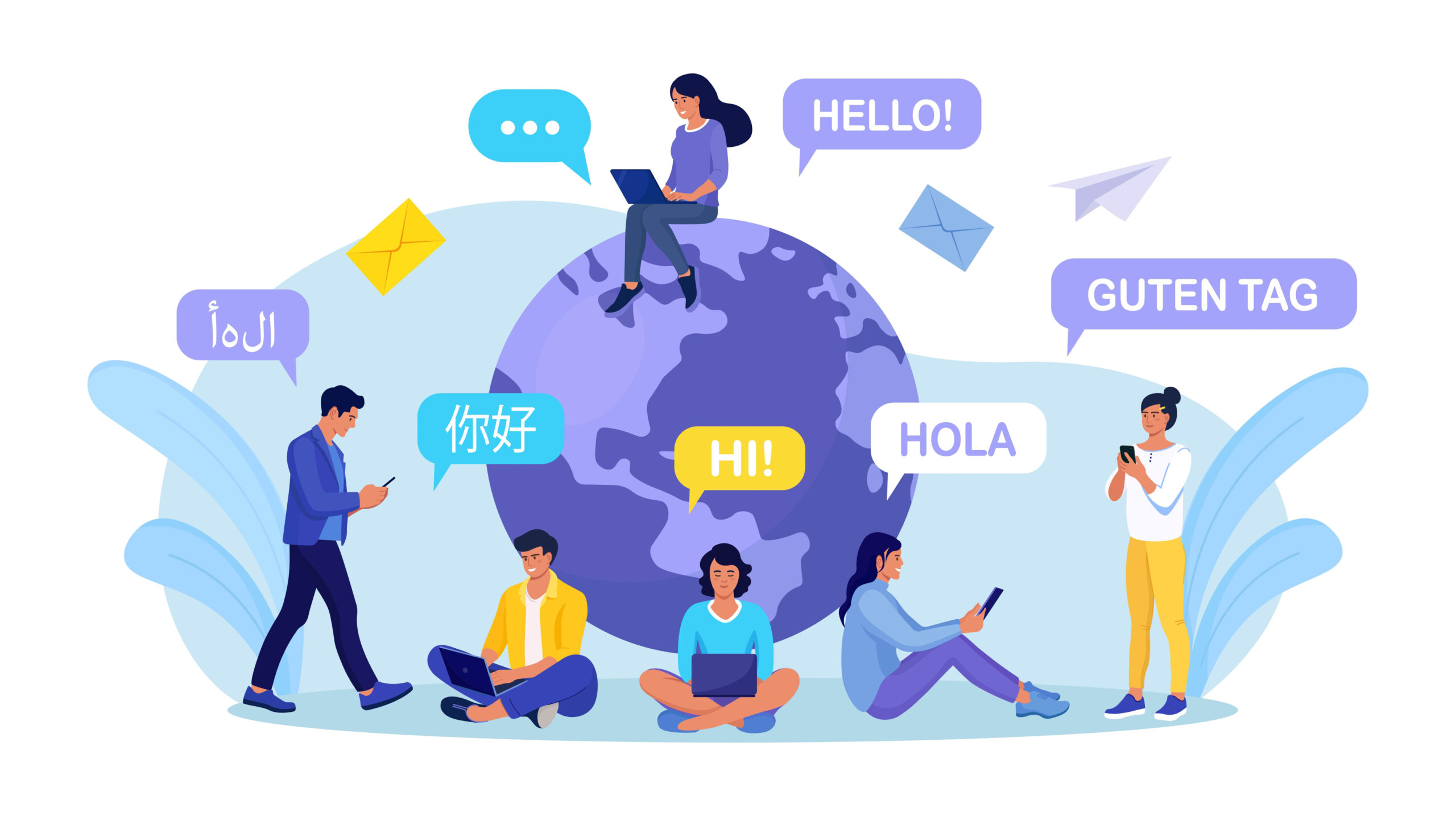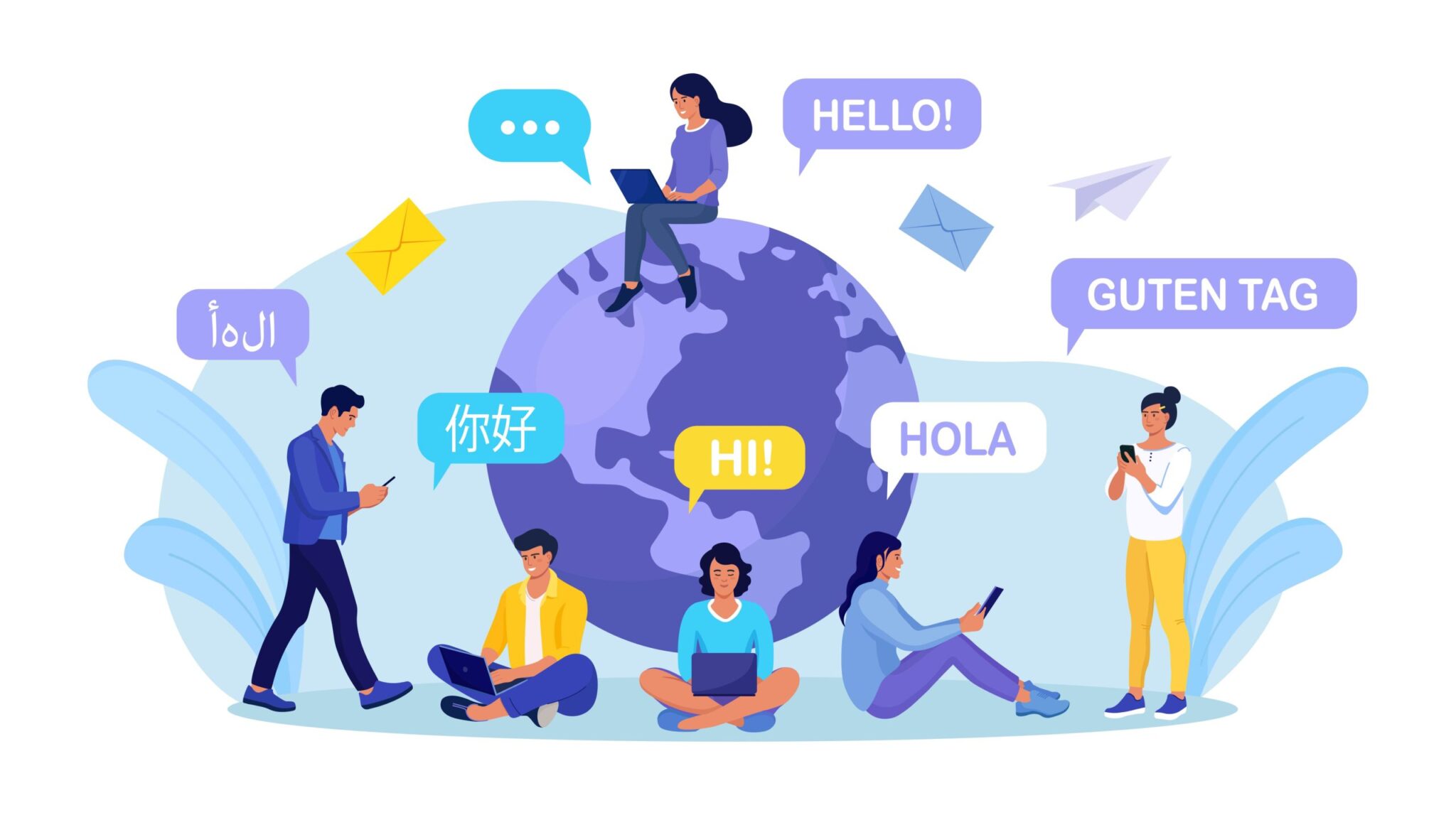
There are many more things that bind us together despite the rhetoric to the contrary that dominates the 24/7 news cycle these days. One of the most important aspects of what I like to call a “shared humanity,” is our collective fondness of story. Every culture, every religion, ever demographic you can think of has stories that have been passed down through the generations.
I teach a course called Non-European Dystopian Literature in Translation which focuses on novels[1] and short stories from around the world that have been translated into English for us Westerners to consume. In the class, we focus on the books and shorter fiction, of course. But we also learn about the process of story translation. Spoiler alert: Translation of a work of fiction is far more complicated than Google Translate or an AI software would like you to believe.
We approach the works from three aspects. We discuss the stories themselves, along with the cultural and historical aspects the author is discussing, and we dive into each translator of the various stories to learn what is involved in capturing the idioms and intent of an author and translating her or his or their very thoughts into a new language. There are nuances and subtleties that a translator must attempt to capture to truly translate a story and its meaning and lessonsfor a new audience who have differing perspectives, habits, and ideals.
A translator—a good one—works directly with the author to capture the correct turn-of-phrase or cultural uniqueness that makes the work so special. Unfortunately, sometimes these lofty goals of story translation are muddied by politics and prejudice.
Take, for example, the article by Sherif H Ismail titled Arabic Literature into English: The (Im)possibility of Understanding[2] that discusses the increased desire for those of us in the West to understand Arabic/Muslim culture after the events of September 11th, 2001. He discusses the import of proper translation and more importantly, what happens when a work is translated poorly or from a biased perspective. Or worse, translations that only enhance accepted notions (especially regarding Arabic women and the Islamic resurgence). The altruistic goal of translation (to paraphrase Ismail) is empathy and cultural awareness. But the case he makes in his article, often the works translated are picked for their persistent stereotyping and not for cultural richness.
This article always leads to a warning to my class that research is advised when selecting translated literature—what is the publisher’s role in the translation? Does the company have an agenda other than bringing diverse works to a new marketplace? Who is the translator? What other works have they translated? These questions and more are so important when the reader looks to discover new international fiction.
Translator Elisabeth Jaquette, who is also the Executive Director of the American Literary Translators Association (ALTA), in an interview with World Literature Today[3] states that “the best editors I’ve worked with at these presses have been willing to do [translation] in a collaborative, sensitive, consultative way.” She discusses the art of story translations and her hope for the diversification of the field in the future. Collaboration is the key—not only between the original author and the translator, but between all parties involved in a publication for a an imprint.
But while discussing the limitations and blind spots in the industry, she is hopeful regarding fiction translations in the future, saying “I would love to see more professional support for midcareer translators. More translation collectives, too: in recent years we’ve seen a real proliferation of small, local translation collectives.”
The power of story and the proper translation of works globally is so important for our growth emotionally and intellectually.
Stories bring us together to teach us things, to celebrate what it is to be human, and to explore (and I hope) celebrate the differences we do have. Reading leads to the opening of the mind, and an open mind leads to empathy and curiosity.
On International Translation Day, I encourage all of you to reach out to explore new works by authors from a different background from you. Maybe you’ll discover new worlds and ideas that you have never experienced before.
And wouldn’t that make a wonderful story.
[1] The works I use in class are: The Queue by Basma Abdel Aziz (translation by Elisabeth Jaquette), The President’s Room by Ricardo Romaro (translation by Charlotte Coombe), The Three-Body Problem by Cixin Liu (translation by Ken Liu), and Lesser Known Monsters of the 21st Century by Kim Fu (who is Canadian and a fluent English speaker/writer)
[2] Sherif H Ismail (2015) Arabic Literature into English, Interventions, 17:6,
916-931, DOI: 10.1080/1369801X.2014.994546. You can find the full article here.

